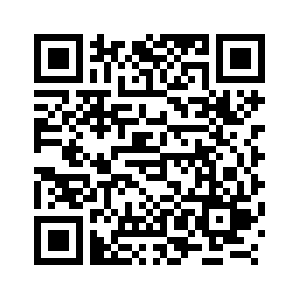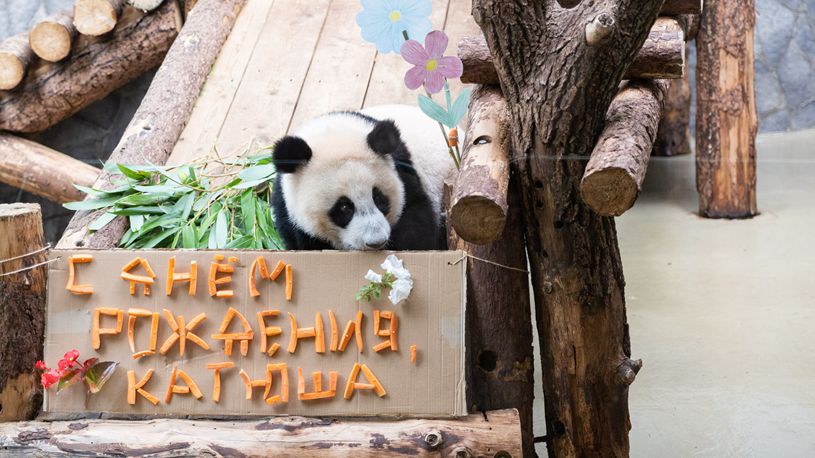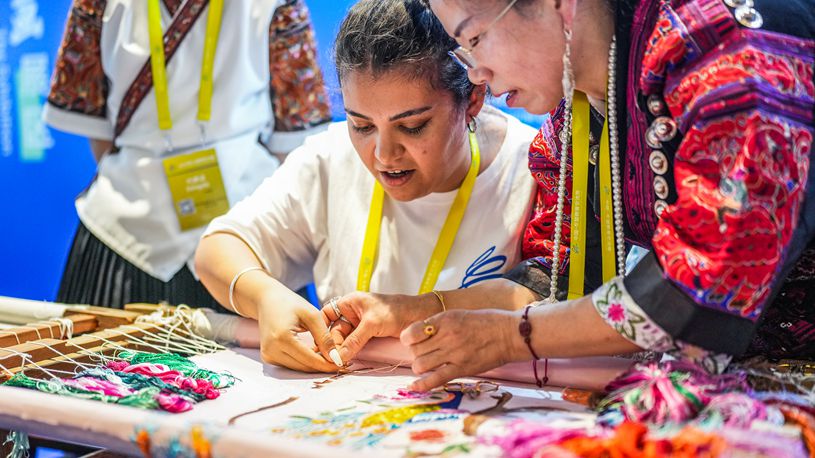by Xinhua writer Yao Yuan
BEIJING, Aug. 26 (Xinhua) -- The video game blockbuster "Black Myth: Wukong" reminds me of an old debate among English-language students in China: how can "yaoguai" be translated into English?
From monkey warriors to spider ladies, yaoguais in various forms roam the game's magical world. In Chinese mythology and folk tales, they are non-humans that possess self-awareness and preternatural power. Powerful yaoguai can shape-shift into humans to blend into the mortal realm.
As a college student, I was flummoxed with the translation of this class of imaginary creatures. In an English class, we discussed popular translations like "monster," which conjures up an image of a huge and ugly being, or "demon," which implies an evil nature. Neither term captures the animistic essence of yaoguai, and there are plenty of charming and friendly yaoguais that escape such categorization.
No one in the class proposed using the term yaoguai. Alas, in the 2000s, we worried that such distinctly Chinese concepts would only perplex foreign listeners and readers.
In recent years, such misgivings have loomed over the overseas journeys of many Chinese cultural products. In the recent animation film "White Snake: Afloat," the protagonist, a powerful and kind snake lady, is labeled a "demon" in the English subtitles. The 2018 hit game "Gujian 3" translated yaoguai as "fey," which are fairy-like beings from European folklore. To cater to an Anglophone audience, Chinese yaoguais have to shape-shift in translations.
So I was pleasantly surprised to see that in the English version of "Black Myth: Wukong," yaoguais are presented as yaoguai or guai, the original Chinese terms.
Based on the 16th-century literary classic "Journey to the West," the game is steeped in traditional Chinese culture, and its English version has sought to retain these Chinese characteristics. Apart from yaoguai, Chinese dragons are translated as loong, a word that specifically refers to the mythological Chinese creature and one increasingly adopted by Chinese translators to differ from the fire-breathing Western dragons.
The game's global success -- having sold 10 million copies worldwide in three days after its release -- means that these vocabularies, and the traditional Chinese culture behind them, will be exposed to international game players on an unprecedented scale.
Some Western media reviews did complain about the difficulty in understanding the game's cultural context. One critic said he had to look online to understand the key characters of "Journey to the West."
On the other hand, many international players seem to enjoy such encounters with Chinese culture, expressing the desire to dig deeper into the original story. Some who have done the reading are sharing explanations to help others understand the game. For them, Chinese notions like yaoguai are more of an attraction than a roadblock on their cultural journeys to the East.
China's PC and console game circle has long been dominated by Japanese and Euro-American big-budget games. In China, it is unlikely to see complaints about developers doing little to explain Zeus, elves or samurai, as Chinese players have long been acquainted with these terms.
Though cultural exchange is not an inherent task of games, "Black Myth: Wukong" has ignited hopes of making Chinese culture more visible in the gaming world and helping Western players recognize more Chinese cultural elements like yaoguai and the Monkey King, in the same way as Chinese players are familiar with goblins and hobbits.
When that time comes, translators will be liberated from the painful search for a matching English identity for yaoguai. Yaoguai is and remains yaoguai. ■











